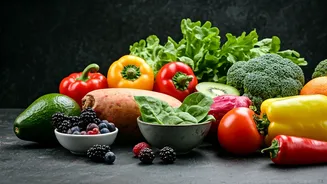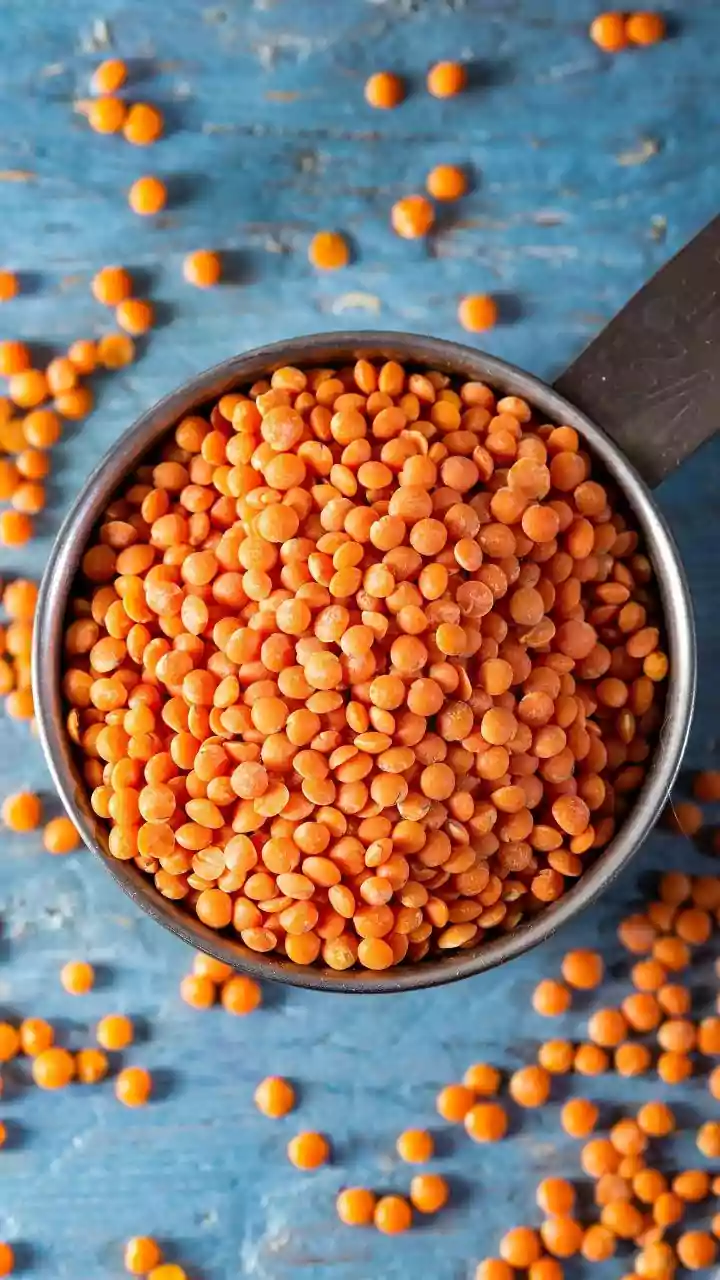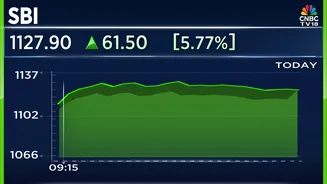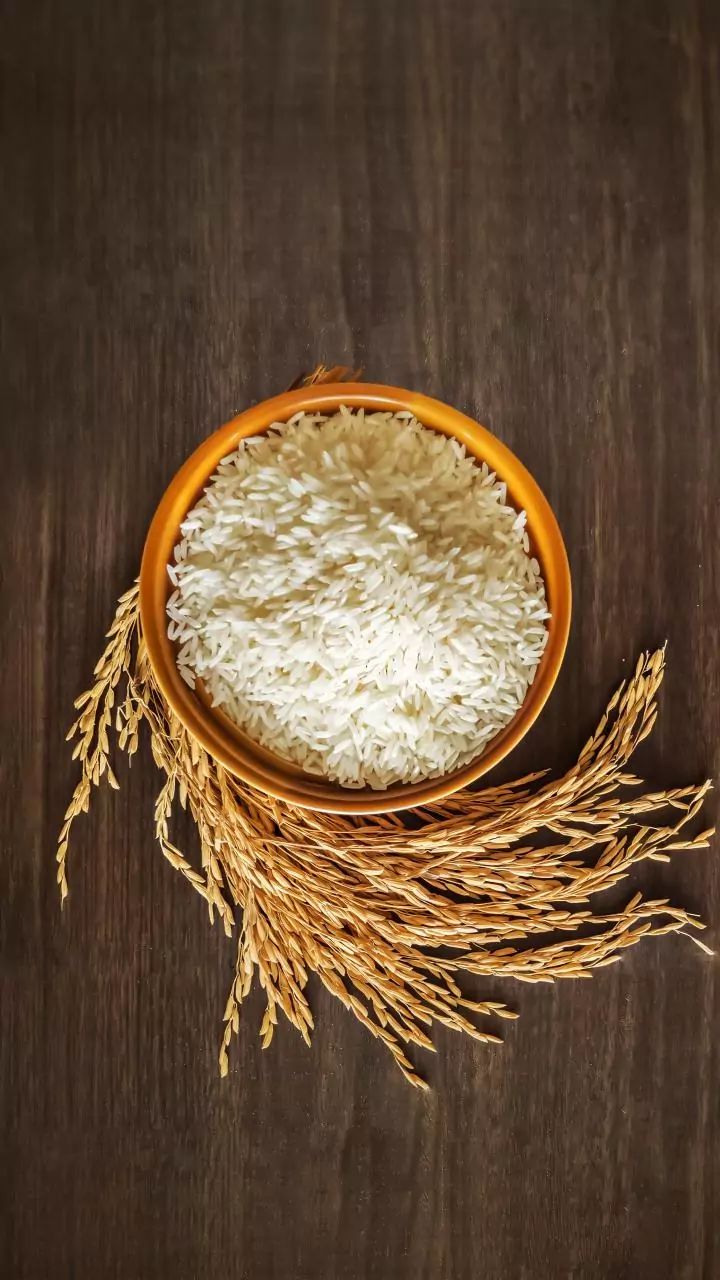Nuts and Seeds
Nuts and seeds, such as almonds, walnuts, and chia seeds, are nutritional powerhouses. A handful delivers a mix of essential omega-3 fatty acids, magnesium,
and antioxidants. These components play a critical role in supporting muscle function and promoting healthy joints, which is crucial for athletes. Omega-3s possess anti-inflammatory properties, potentially aiding in quicker recovery times after intense workouts. Magnesium is involved in muscle relaxation and energy production, which is essential to prevent cramps and fatigue. Antioxidants help combat oxidative stress caused by rigorous exercise, preserving cellular health and maximizing physical endurance. Incorporating a variety of nuts and seeds into meals or snacks can be a simple, yet powerful strategy to elevate an athlete's performance and overall well-being.
Oats: Sustained Energy
Oats, a slow-digesting carbohydrate source, provide a steady stream of energy, which is essential for athletes and individuals engaged in strenuous physical activity. This characteristic helps prevent rapid blood sugar spikes and subsequent crashes. During extended workouts or competitive games, oats help maintain stable energy levels, allowing for sustained performance and focus. This makes oats an excellent choice for a pre-workout meal or a mid-game snack. Oats’ slow-release of energy also contributes to improved endurance, which is particularly beneficial for athletes involved in long-distance activities. Therefore, it is a versatile food that supports both short-term performance and long-term health, as it is also rich in fiber, which promotes digestive health.
Greek Yogurt Benefits
Greek yogurt stands out as a protein-rich food that also offers significant health advantages for athletes, including muscle recovery, bone strength, and improved digestion. The ample protein content aids in repairing muscle tissues after intense training, enabling them to rebuild and become stronger. Greek yogurt is an excellent source of calcium, contributing to the development and maintenance of strong bones, which is critical for supporting physical activities. Furthermore, it contains probiotics, which promote gut health and better digestion, assisting in nutrient absorption. The combination of protein, calcium, and probiotics makes Greek yogurt a well-rounded food for active people, supporting both immediate athletic needs and long-term overall health.
Eggs: Muscle Fuel
Eggs are an invaluable food source for athletes due to their high-quality protein and essential amino acids. These components are essential for repairing and growing muscles, making eggs a staple in the diets of individuals who exercise regularly. The protein in eggs is easily absorbed by the body, which aids in post-workout muscle recovery, allowing athletes to quickly recover from intense training sessions. The essential amino acids found in eggs are the building blocks of proteins, which support muscle repair and growth, optimizing the body’s ability to build muscle. Furthermore, eggs are versatile and can be prepared in various ways, such as in omelets, boiled, or as part of a meal. Therefore, eggs are a convenient and highly nutritious choice for anyone looking to support their muscle health and athletic performance.
Bananas: Electrolyte Boost
Bananas provide essential benefits to athletes due to their carbohydrate and potassium content. Carbohydrates act as a primary energy source, allowing athletes to sustain high levels of activity. The potassium content in bananas helps prevent muscle cramps, a common issue during exercise. Additionally, bananas contain electrolytes lost through sweat, making them an ideal food for replenishment. Therefore, eating a banana before or after a game or workout is an effective strategy to keep the body energized and balanced. Bananas are a convenient and readily available food. In addition, their natural sugars offer a quick energy boost, while the potassium ensures proper muscle function, making bananas a valuable tool for anyone committed to fitness and sports.
Sweet Potatoes: Inflammation Fighter
Sweet potatoes are highly beneficial for athletes because of their blend of complex carbohydrates, fiber, and vitamins A and C. Complex carbohydrates offer a sustainable energy release, preventing the rapid energy spikes and dips often associated with simple carbs. The fiber content in sweet potatoes helps maintain good digestive health, which helps the body absorb nutrients. Vitamins A and C provide antioxidants that can mitigate inflammation caused by intense exercise. This combination of nutrients helps the athlete maintain steady energy levels and support the body’s recovery processes. Sweet potatoes are a versatile and nutrient-dense food that can enhance athletic performance and overall well-being. They can be baked, roasted, or mashed to add variety to a healthy diet.






















